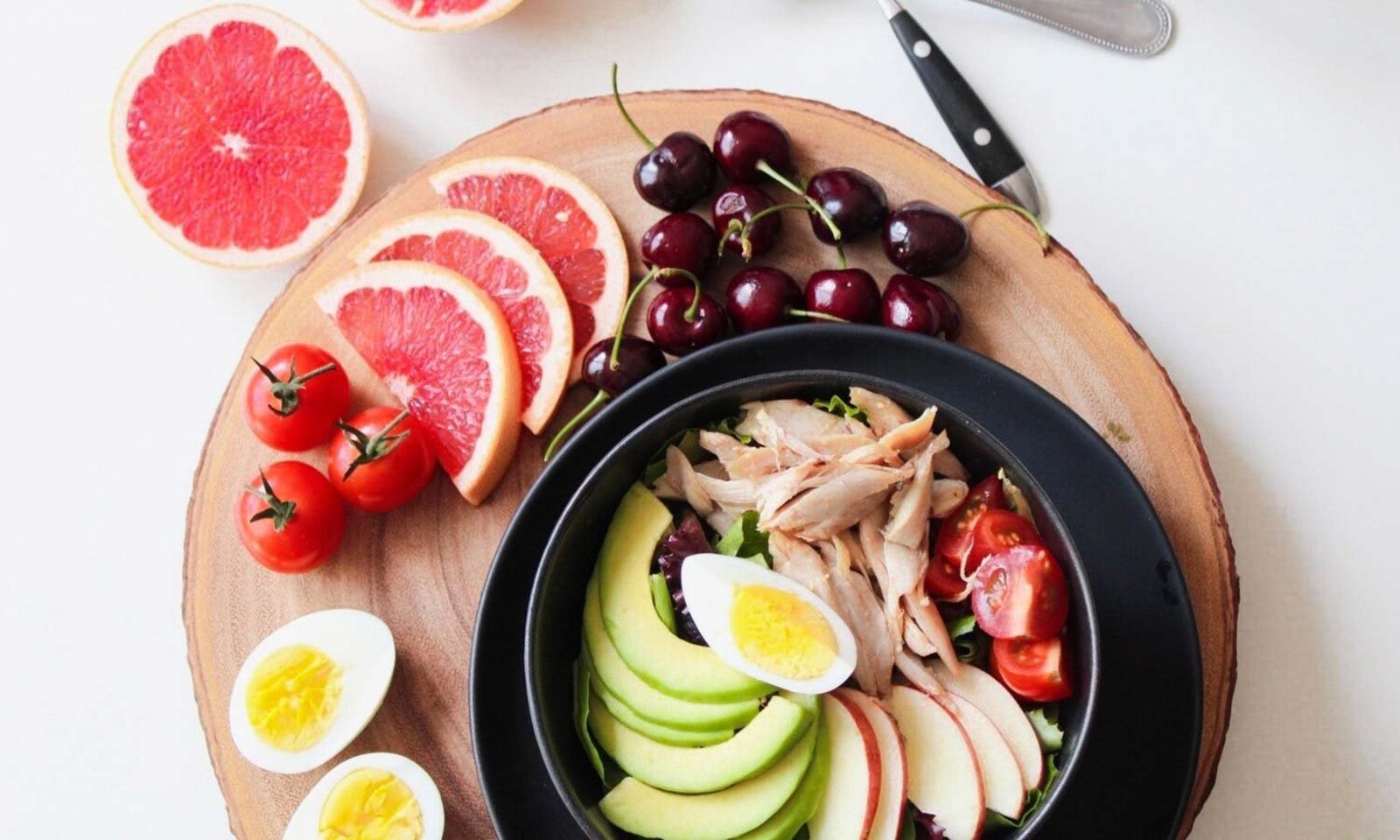Flexible Dieting At Your Desk
Flexible dieting is the concept of adding up all the calories you’ll burn in a day and trying to eat less than that number while also maintaining a good macronutrient ratio (carbs/protein/fat).
Flexible dieting is one of the best lifestyle choices you can make for getting healthier because nothing is off-limits. You can eat healthy all day and enjoy a donut for dinner as long as you stay within your calorie allotment and have eaten your veggies and protein for the day. Theoretically, you could eat ice cream every day if you chose (albeit in small quantities). The point is, your favorite foods and alcohol are totally able to be part of a balanced diet.
However, this strategy isn’t for everyone. It involves diligently tracking everything you consume and scanning tons of nutrition labels.
This strategy is excellent for people who:
Keep detailed records
Can handle moderation
Are otherwise organized
How do you do it?
Get an estimate of how many calories you burn in a day (Calorie Calculator).
Take your body weight and multiply it by 0.6; the result is your target grams of protein per day.
TIPS FOR SUCCESS
1. Think of calorie allotment in terms of a week, not a day. If you think you’ll drink once a week, you’ll need to allot calories for that. Drinking is incredibly calorically dense; maybe your new drink will be vodka water? Say you have 14,000 calories for the whole week and plan on going out Friday. Maybe instead of 2,000 calories every day, you go 1,900 calories a day, with 2,700 on Friday. That way, you still maintain your calorie-deficit and weight-loss goals.
2. Get a food scale and some measuring cups. The most common reason calorie counting fails is because people underestimate the amount of food they consume. Measure every serving.
3. Remember, this lifestyle isn’t without its flaws. The number we estimated for your calorie allotment is only that: an estimate. People’s resting metabolic rates vary, even among similar sizes and ages. The calories you burn per day can be affected by certain genetic factors, the way your organs function, or even the temperature in the room. That’s why it’s crucial to take stock weekly, and if you see no progress after two weeks, subtract one hundred calories from your daily allotment.
Now you have two things to focus on: remaining under your calorie allotment and hitting your grams of protein in the day. That’s it. Do it, and you will lose weight. The amount you go under your calorie allotment will determine the speed of weight loss. I suggest a small calorie deficit of one hundred to two hundred calories. When it comes to flexible dieting, slow and steady wins the race. We are trying to establish a new norm for you, not three days of extreme dieting followed by a week of binging and feeling bad about yourself. Remember, the best diet at your desk is the one you can stick to indefinitely.
If you enjoyed this article, you might also like:

